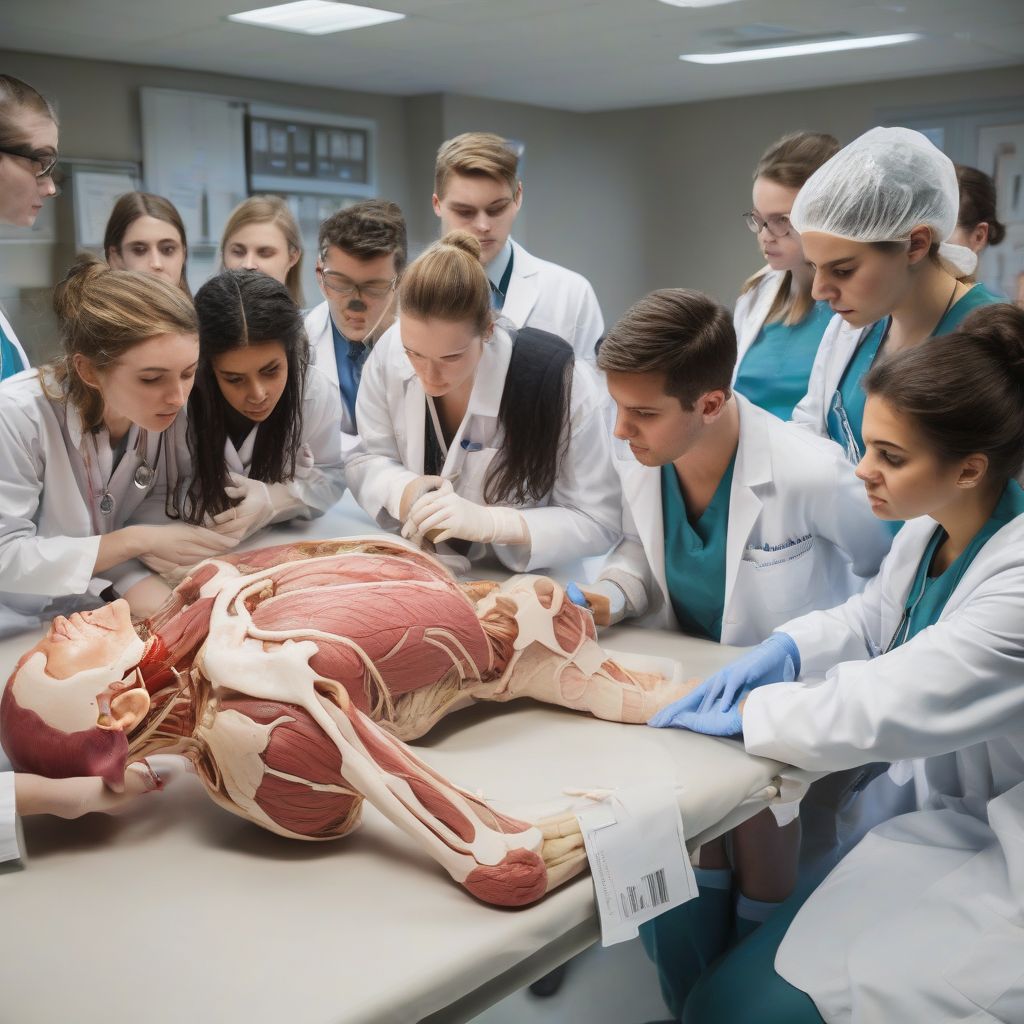The thought of death is often unsettling, but it’s a natural part of life. While you may not want to dwell on it, considering what happens to your physical remains after death is important. Some opt for burial, others choose cremation, and then there’s the selfless act of whole body donation – a decision that can significantly advance scientific research and medical education. This guide delves into the ins and outs of how to donate your body to science, answering common questions and providing clarity on this meaningful choice.
Understanding Body Donation
Donating your body to science, also known as anatomical donation, is a priceless gift to the medical and scientific community. Unlike organ donation, which focuses on saving lives immediately, body donation contributes to a broader understanding of the human body and the advancement of medical knowledge.
Why Donate Your Body to Science?
The impact of body donation extends far beyond the laboratory:
- Medical Education: Medical students dissect donated bodies, providing them with an unparalleled, hands-on understanding of human anatomy. Your donation could be instrumental in training the next generation of doctors.
- Scientific Research: Donated bodies help scientists study diseases, develop new treatments, and improve surgical techniques.
- Advancements in Healthcare: From developing prosthetic limbs to testing new medications, body donation contributes to countless advancements that improve healthcare for everyone.
 The impact of body donation
The impact of body donation
The Body Donation Process: Step-by-Step
Navigating the process of body donation might seem daunting, but it’s surprisingly straightforward. Here’s a breakdown:
1. Research and Choose a Program
- Universities with Medical Schools: Many universities with medical schools have body donation programs.
- Independent Body Donation Organizations: These organizations work with various research institutions and can help facilitate your donation.
- State-Specific Anatomical Gift Programs: Some states have anatomical gift programs that streamline the donation process.
2. Contact the Chosen Program
Reach out to your preferred program and request information and the necessary forms.
3. Review and Complete the Forms
- Donor Registration Form: This form captures your personal information and donation wishes.
- Consent Form: You, and often a witness, will need to sign a consent form confirming your decision.
4. Discuss Your Wishes With Loved Ones
Openly communicate your decision to donate your body with your family. While your wishes stated on the forms are legally binding, having your family’s understanding and support can make the process smoother.
5. Keep Your Information Updated
Life is full of changes. If you relocate, change your phone number, or have any updates to your medical history, inform the donation program promptly.
6. What Happens After Death?
When you pass away, your family or designated individuals will need to contact the donation program as soon as possible. The program will then coordinate the transportation of your body to their facility.
Frequently Asked Questions About Body Donation
Let’s address some common concerns people have about body donation:
1. Are there any age restrictions for donation?
Generally, there are no strict age limits. However, certain conditions might impact eligibility, such as specific infectious diseases.
2. What about funeral arrangements?
After the program has completed its research and educational purposes, which can range from a few months to several years, the cremains are usually returned to the family. Families can then choose to hold a memorial service or burial.
3. Will my family incur any costs?
Most programs cover the costs associated with transportation, cremation, and the return of your cremains.
Making a Difference: The Legacy of Body Donation
Donating your body to science is an invaluable gift. It’s a decision that transcends individual life and contributes to the betterment of human health for generations to come. By choosing to donate, you become an unsung hero in the pursuit of medical knowledge and a healthier future for all.
This information is intended for general knowledge and does not constitute medical or legal advice. For specific guidance, consult with a qualified professional.